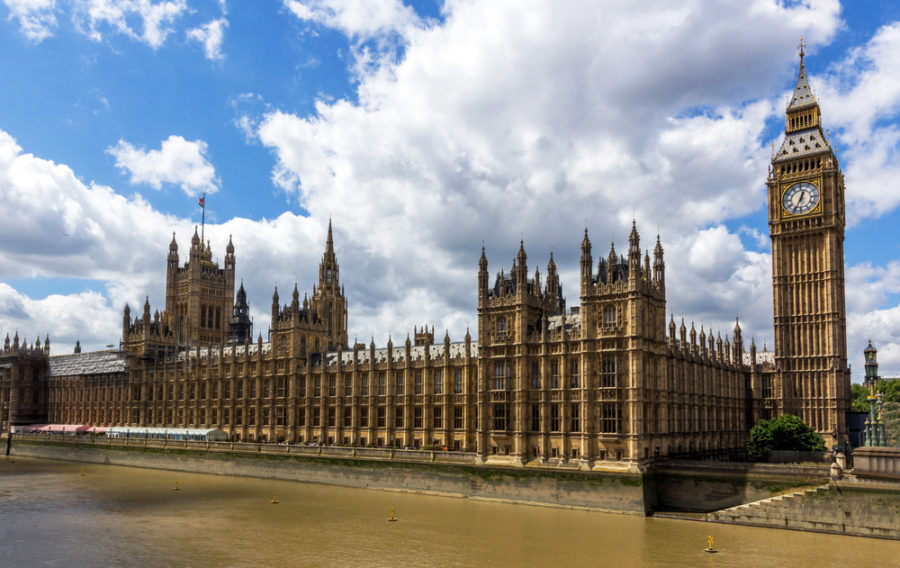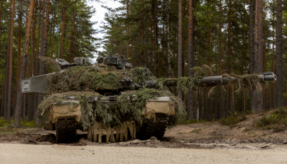
Defence Online examines the key points for the defence industry as the Chancellor, Jeremy Hunt, delivers his Autumn Statement to the House of Commons.
Facing strong headwinds of high inflation, rising energy prices and interest rates, Mr Hunt announced his spending plans with the promise of a focus on priorities of “stability, growth and public services”.
The Chancellor said: “There is a global energy crisis, a global inflation crisis and a global economic crisis. But today with this plan for stability, growth and public services, we will face into the storm. We do so today with British resilience and British compassion.”
Defence spending
The Chancellor paid tribute to the UK’s own Armed Forces and to the people of Ukraine fighting against Russian aggression.
The UK has so far pledged £2.3bn in military support to Ukraine following Russia’s invasion, representing the second highest contribution in the world behind the United States.
For the defence industry, the big news was the promise of increased spending and a revision to the Integrated Review.
Published in March 2021, the Integrated Review of Security, Defence, Development and Foreign Policy represented the most comprehensive foreign policy and national security review published by any British Government for over 30 years.
Encompassing national security, foreign policy and the UK’s approach to the global economy, the report strategizes the Government’s vision for the UK in 2030 and how its international policy will be used to help achieve it.
Mr Hunt confirmed the UK will continue to maintain the defence budget at least 2% of GDP to be consistent with its NATO commitment and said both he and the Prime Minister recognised the need to increase defence spending – but before any commitment will be made, the Integrated Review will need to be revised and updated.
The Chancellor committed to complete this task before next budget.
Science and Innovation
A primary focus of the current iteration of the Integrated Review is strengthening the UK’s defence capability through harnessing science and innovation and it would appear that the Government’s plans for Britain to be a science superpower remains a key ambition.
The Chancellor said: “21st century economies will be defined by new developments in artificial intelligence, quantum technologies and robotics.”
He vowed to turn Britain into ‘the world’s next Silicon Valley’, which will see public funding for R&D (research and development) increased to £20bn by 2024-25.
What’s next for the defence industry?
From the defence sector’s point of view, all eyes will be on the publication of the updated Integrated Review and what this will mean in terms an increased defence spend and what will be the critical areas of investment.
There had been previous calls for an update to the Ministry of Defence’s strategy following the outbreak of war in Ukraine. Former Prime Minister Boris Johnson had declared the era of tanks across Europe a thing of the past and it remains to be seen whether renewed investment this more traditional aspect of defence will be revisited.
However, it seems unlikely that this will come at the expense of science, innovation, space and cyber, which remain at the forefront of Government plans to grow the UK economy.
If you would like to join our community and read more articles like this then please click here.







